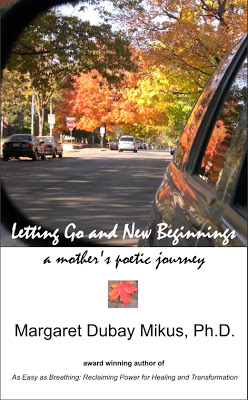On a humid, 86 degree day like today in Chicago, it may be hard to remember what a long and cold and snowy winter it was. After having major surgery in December, my first big outing was to a concert by Michael Smith with my husband, Stephen, and friends, Randy and Wendie. It was a big deal even cautiously walking on the icy asphalt of the parking lot.
Our seats were in the second row. I felt like I could see Michael Smith very clearly, inside and out. The show was both deeply moving and hilarious. Because I did not get to talk with him after the show, an insistent poem percolated all the way driving home. I did not write this as a “fan” poem, but rather what I saw as true. Parts of myself perhaps, reflected back from him.
I read this to a few people and they urged me to send it to him. In tracking down an email address, I learned more about his life and accomplishments. I felt a bit intimidated, but sent it anyway. He graciously responded right away: “Thank you, Margaret. I love the poem.” What a gift! Lit me up for days….
What has someone done for you that warmed your heart unexpectedly?
1/19/14
Portrait of Michael Smith
Concert at Lake County Folk Club
He was not old
but old enough
to be comfortable
exposing bits of his humanness,
to be felt and heard and seen
without disguise sometimes, to be
clever and mischievous, gracious and generous.
To be naked enough
to make us cry or laugh,
you have to put in the years,
put in your time as apprentice,
to gather the stories, weave or live them,
to know what is what,
to see the risks and still be willing
enough so some pieces fit,
and brave enough or fearless
to go out and let out some
of the accumulated multitudes of children,
all the practice paying off, the determination
to deliver the songs yet again.
Amen.
Margaret Dubay Mikus
© 2014
From Thrown Again into the Frazzle Machine: Poems of Grace, Hope, and Healing, coming in summer 2014. Check FullBlooming.com for more details.
Here is my reading, in my fourth video.
 FIVE STAR REVIEW:
FIVE STAR REVIEW: